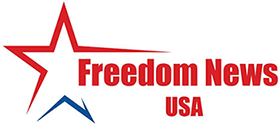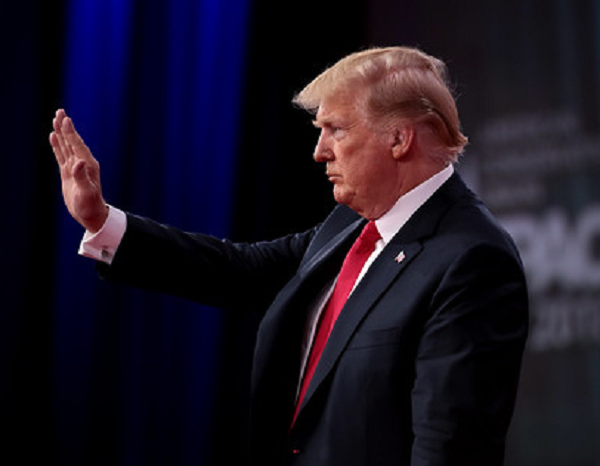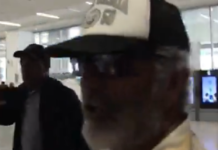In an unrelated matter to his hush money trial, ex-President Donald Trump has achieved a triumph in the New York Court of Appeals.
While facing a conviction on 34 charges associated with manipulating business records concerning a payment made to adult film actress Stormy Daniels, the appeals court granted him permission to file a lawsuit against his niece, Mary Trump. This legal action stems from her disclosure of tax-related details to The New York Times back in 2018, as per Reuters.
“The Appellate Division in Manhattan found a ‘substantial’ legal basis for Donald Trump to claim that his niece violated confidentiality provisions of a 2001 settlement over the estate of his father, Fred Trump Sr.,” the report said.
“A five-judge panel said it was unclear whether Mary Trump’s disclosures were subject to confidentiality, or how long both sides intended the provisions to remain in effect,” it said.
Nevertheless, the court indicated that it is improbable for the ex-president to receive an amount anywhere near the $100 million he is requesting.
“At a minimum, nominal damages may still be available on the breach of contract claim even in the absence of actual damages,” the court said.
“Mary has made valuable contributions to the public’s knowledge of the former president with her unique perspective as a family member,” the attorney for Mary Trump, Anne Champion, said. “We are confident she will be vindicated as the case proceeds.”
“The Appellate Division has affirmed the validity of President Trump’s substantial claim against Mary Trump. We look forward to resuming this suit to ensure she is held fully accountable for her blatant and egregious breach of contract,” the former president’s attorney, Alina Habba, said.
Reuters reported:
“Thursday’s decision upheld a June 2023 ruling by Justice Robert Reed of the state Supreme Court. Reed also dismissed Donald Trump’s claims against the Times and three reporters, and in January ordered him to pay $392,639 of their legal fees. In November 2022, Reed dismissed Mary Trump’s separate lawsuit accusing her uncle and two of his siblings of defrauding her out of a multi-million-dollar inheritance. The Times’ reporting challenged Donald Trump’s claim that he was a self-made billionaire. It said he received the equivalent of $413 million from his father, largely the result of “dubious” tax schemes in the 1990s, including undervaluing his family’s real estate holdings. Donald Trump has denied wrongdoing.”
Numerous legal experts have expressed their belief that the former president stands a great chance of having his convictions overturned on appeal in his criminal case. According to constitutional law professor Jonathan Turley, there are strong grounds for an easy reversal based on both procedural and constitutional factors. Turley made these remarks to Fox News immediately after former President Donald Trump received a guilty verdict in his hush money trial, becoming the first former U.S. president to be convicted on felony charges.
Despite being found guilty on all 34 counts by the jury, legal experts, including Turley, have consistently pointed out that the charges brought by Manhattan District Attorney Alvin Bragg were fabricated, and that Judge Juan Merchan’s actions during the trial may have unjustly hindered Trump’s defense, potentially violating constitutional principles.
“I think the level of reversible error here really is quite considerable. It runs the waterfront of procedural to constitutional problems, including federal constitutional violations,” Turley began. “I don’t even see how you can meet the unanimity requirement in the way that this thing was instructed.
“Yeah, they were unanimous that some crime was committed on the secondary crime, but it’s apparently between the jurors and God as to what that crime was unless there is going to be some release of a jury form. We have not seen that jury form,” he continued. “I think that, in the end, we were going to have a reversal. I’m fairly confident of that. Now, in the New York appellate system, they have a rule for Trump. They are very good lawyers in the New York system and credible people who want the system to work the way it is designed,” Turley continued. “I am eternally an optimist. I was an optimist about a hung jury. And I’m an optimist now about the appellate judges.”






